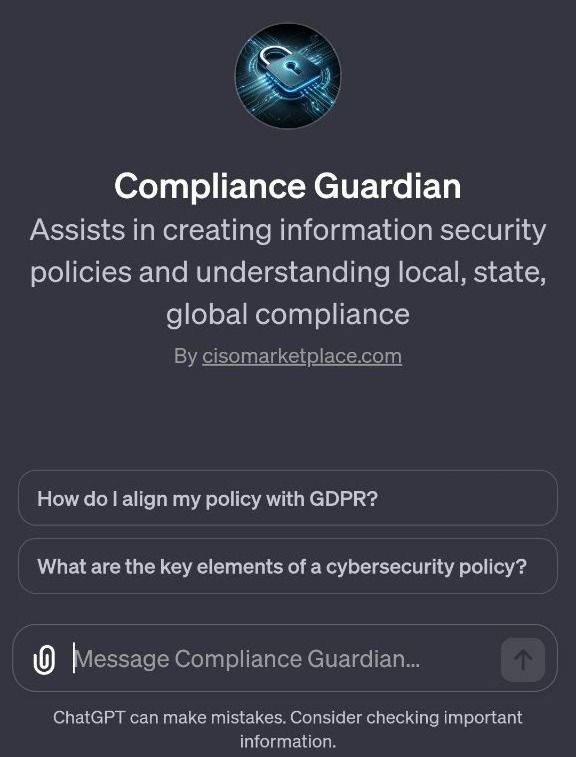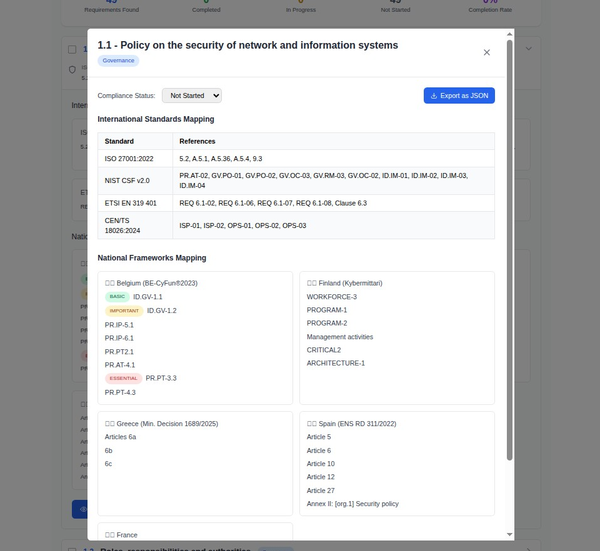GDPR Podcast Episode Showcase

While the sources provided do not mention a podcast episode about GDPR, they offer a wealth of information about the regulation itself. Drawing upon these resources, here's an article showcasing key aspects of GDPR and highlighting its importance for businesses:
Navigating the Labyrinth: Your Guide to GDPR Compliance
In our increasingly interconnected world, data has become a new form of currency. As businesses leverage this valuable resource, safeguarding individual privacy has never been more crucial. This is where the General Data Protection Regulation (GDPR) comes in, setting a new global standard for data protection and privacy.

What is GDPR and Why Should You Care?
Implemented in May 2018, the GDPR is an EU regulation designed to protect the personal data of all individuals within the European Union (EU) and European Economic Area (EEA). This comprehensive regulation impacts any organization, regardless of its location, that offers goods and services to people in the EU or monitors the behavior of individuals within the EU.

Key Principles of GDPR:
- Lawfulness, Fairness, and Transparency: Data processing must be lawful, fair, and transparent to the data subject.
- Purpose Limitation: Data can only be collected for specific, explicit, and legitimate purposes.
- Data Minimization: Organizations should only collect and process the minimum amount of data necessary for the specified purpose.
- Accuracy: Personal data must be accurate and kept up to date.
- Storage Limitations: Data should be stored only as long as necessary for the stated purpose.
- Integrity and Confidentiality: Data must be processed securely and protected against unauthorized access, processing, or disclosure.
- Accountability: Organizations are responsible for demonstrating GDPR compliance.

12 Steps to GDPR Compliance:
- Compliance Assessment: Identify how personal data flows through your systems and determine the scope of GDPR applicability.
- Data Inventory: Create a detailed record of all personal data your company collects, processes, stores, and shares.
- Data Mapping and Risk Assessment: Document the flow of personal data, identify risks to data privacy, and develop mitigation strategies.
- Legal Basis for Data Processing: Establish and document a lawful basis for each data processing activity.
- Consent Management: Implement clear and transparent consent mechanisms, allowing users to control the collection and use of their data.
- Data Security: Implement technical and organizational measures to protect personal data from unauthorized access, processing, or disclosure.
- Data Subject Rights: Establish procedures to handle data subject requests (access, rectification, erasure, etc.) efficiently and within the GDPR-specified timeframe.
- Data Breach Response: Develop a comprehensive plan to detect, notify about, contain, and mitigate data breaches.
- GDPR Training: Conduct regular training programs for employees to foster a culture of data protection and privacy compliance.
- Data Protection Officer (DPO): Assess the need for a DPO and appoint one if required.
- Monitoring and Continuous Improvement: Regularly review and update your GDPR compliance program to reflect changes in regulations, technologies, or business practices.
- Documentation and Record-Keeping: Maintain detailed records of all data processing activities, consent obtained, data protection measures, and data breach responses.

GDPR: A Global Standard in the Making
While the US does not yet have a federal law like GDPR, several states are enacting their own privacy laws, signaling a growing trend toward stricter data protection measures. The GDPR's influence is being felt globally, with many companies adopting its principles as a best practice, regardless of their location or customer base.

Don't Let GDPR Be a Roadblock to Success
Navigating GDPR compliance can seem daunting, but it is an investment worth making. By embracing GDPR principles, businesses demonstrate their commitment to ethical data handling, building trust with customers, and gaining a competitive advantage in an increasingly privacy-conscious world.










